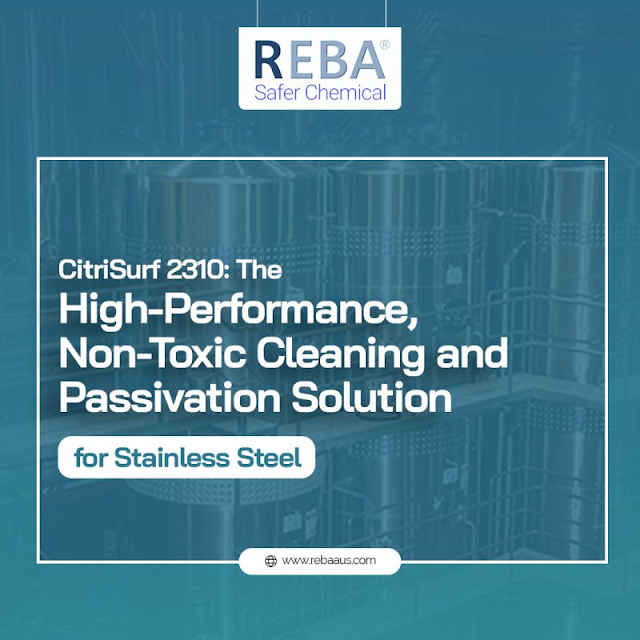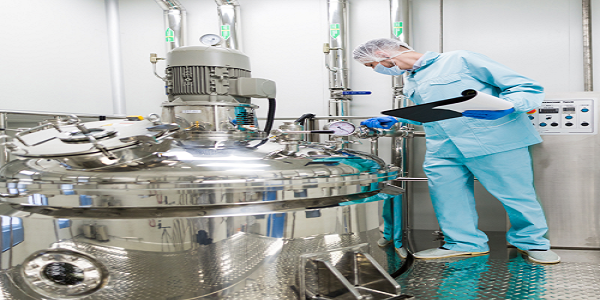Effective Passivation for Stainless Steel: Understanding the Power of Citric Acid
Passivation is an important procedure that preserves the integrity and toughness of stainless steel by adding a shield to its surface. Citric acid has become one of the most popular passivation techniques due to its potent corrosion prevention.
In this blog post, we'll look into the relevance of citric acid's crucial role in corrosion prevention as well as the significance of passivation for stainless steel.
For stainless steel, passivation entails cleaning the surface to get rid of pollutants and impurities, which helps a passive oxide layer form. This layer serves as a barrier, protecting the metal from corrosive substances and boosting its corrosion resistance.
Citric acid offers several advantages when used in the passivation process for stainless steel. By acting as a chelating agent, citric acid efficiently eliminates impurities, iron deposits, and free iron particles from the surface of stainless steel. This results in a clean, corrosion-resistant surface.
Stainless steel that has been treated with citric acid develops a tightly adherent chromium oxide coating. This passive coating serves as a shield, preventing the metal from coming into contact with corrosive elements in the environment.
Furthermore, citric acid passivation significantly improves the corrosion resistance of stainless steel. Through this process, a protective oxide layer is formed, acting as a physical barrier to halt corrosion and increase the material's durability. Compared to traditional passivation methods that rely on harsh chemicals, citric acid is a safer and greener alternative.
Since it is a naturally occurring substance, it reduces the need for harsh chemicals and their damaging effects on the environment. It can be found in fruits and vegetables.
Citric acid passivation is utilized in many industries, including aerospace, automotive, food processing, and medical equipment. Its benefits are particularly beneficial in environments where hygienic conditions, cleanliness, and corrosion resistance are top objectives.
By including citric acid passivation into stainless steel maintenance methods, industries may ensure the longevity and dependability of stainless steel components. This eco-friendly solution offers outstanding corrosion prevention while reducing its negative environmental consequences.
In conclusion, citric acid passivation is an effective method for halting corrosion and boosting stainless steel's resistance to the effects of the environment. Industries may safeguard their stainless steel components from deterioration and increase their lifespan by utilizing the advantages of citric acid passivation.
While ensuring the lifetime and dependability of stainless steel structures and equipment, this economical and environmentally beneficial solution encourages sustainability.
Contact Us:
Reba Scientific Pty Ltd
Website: https://www.rebaaus.com/
Phone no: +61 3 8526 8252
Mail Id: sales@rebaaus.com
Address: 1 Redwood Drive, Notting Hill, Victoria 3168, Australia




Comments
Post a Comment